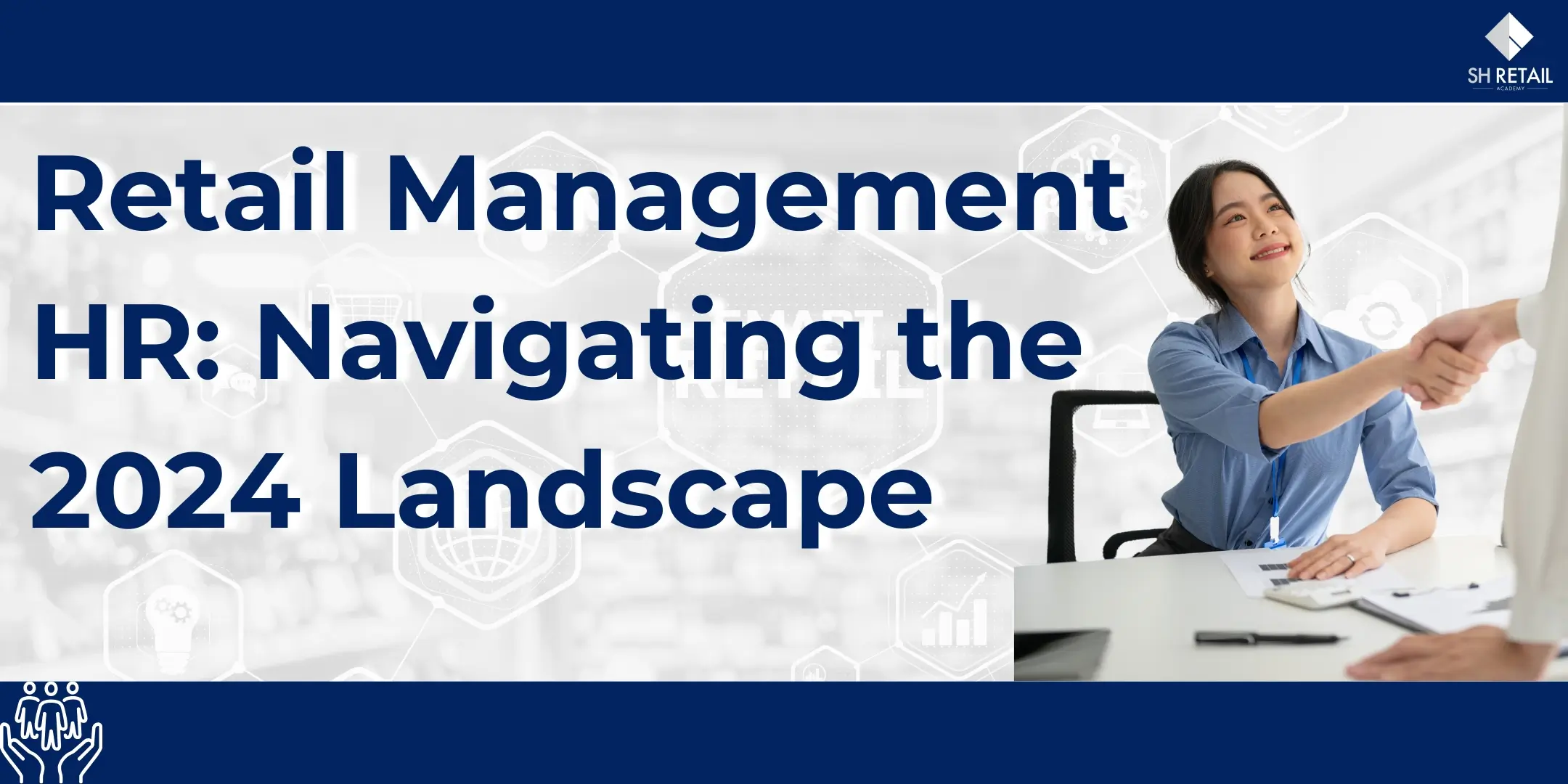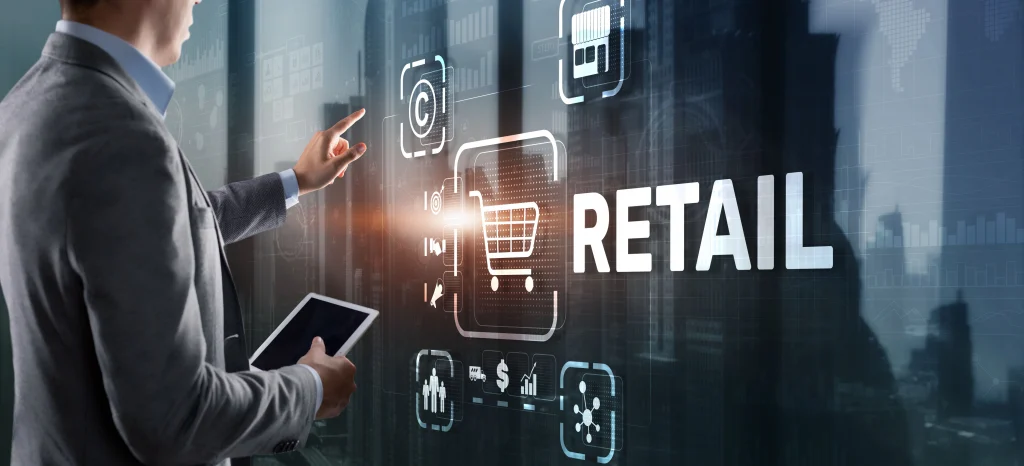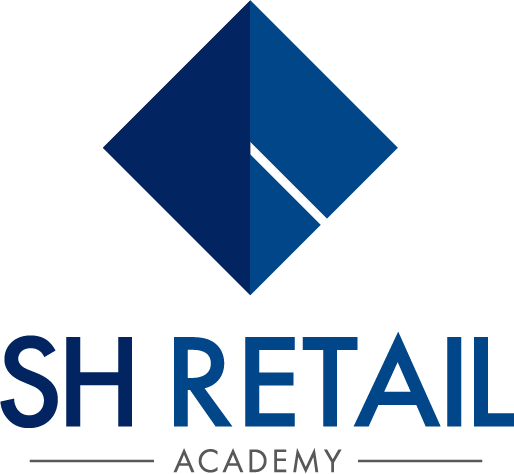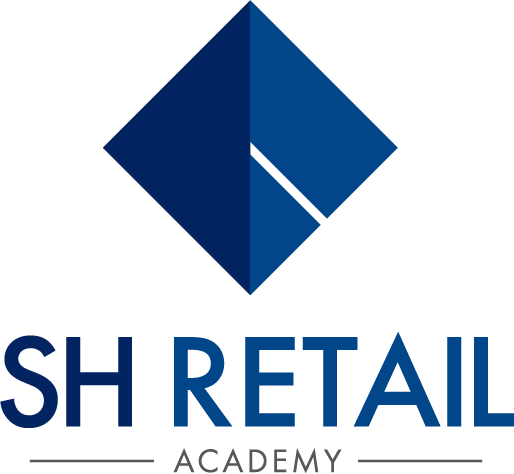
Retail Management

The retail industry is changing rapidly. To keep up, HR teams in retail management need to understand and adapt to new trends and challenges. This guide will discuss important things that HR people in retail management should know in 2024.
From using artificial intelligence to improve work processes to understanding the needs of a new generation of workers, HR teams have a lot to think about. They need to make sure their companies are attractive to employees, offer good working conditions, and use technology wisely.
1. The AI Advantage: A Double-Edged Sword
Artificial Intelligence (AI) is poised to revolutionize retail HR. While AI can streamline processes, automate tasks, and provide data-driven insights, it’s crucial to balance its use with human touch. HR professionals must focus on leveraging AI to enhance employee experience, rather than replacing it.
Specific applications of AI in retail HR include:
- Recruitment: AI-powered tools can automate screening resumes, schedule interviews, and identify top talent.
- Onboarding: AI chatbots can guide new hires through the onboarding process, answering questions and providing information.
- Performance Management: AI can analyze employee performance data to identify strengths, weaknesses, and areas for improvement.
- Employee Engagement: AI-powered surveys and analytics can measure employee satisfaction and identify potential issues.
2. The Next Generation Workforce: A New Era of Expectations
Gen Z and younger millennials are entering the workforce with unique expectations. They prioritize work-life balance, meaningful work, and opportunities for growth. Retail HR must adapt by offering flexible work arrangements, robust training programs, and a strong company culture.
Key strategies to attract and retain the next generation workforce:
- Mental Health Support: Offer mental health resources and programs to reduce stress and burnout.
- Purpose-Driven Work: Highlight the social and environmental impact of the company’s work.
- Personalized Development Plans: Create tailored development plans for each employee.
- Flexible Work Arrangements: Offer flexible scheduling options to accommodate different lifestyles.
3. Diversity, Equity, and Inclusion: A Moral Imperative
Creating an inclusive workplace is no longer just a nice-to-have; it’s a business imperative. Retail HR must actively promote diversity, equity, and inclusion by implementing strategies such as unconscious bias training, inclusive hiring practices, and employee resource groups.
Practical steps to foster a more inclusive workplace:
- Diverse Hiring Panels: Include diverse individuals in the hiring process to reduce bias.
- Inclusive Language: Use inclusive language in all communications.
- Mentorship Programs: Pair employees from diverse backgrounds to promote mentorship and sponsorship.
- Employee Resource Groups (ERGs): Create ERGs to provide support and networking opportunities for employees from underrepresented groups.
4. The Future of Work: Hybrid and Remote Models
The pandemic accelerated the shift towards hybrid and remote work models. Retail HR must adapt to this new reality by providing the necessary tools, technologies, and policies to support a distributed workforce.
Key considerations for hybrid and remote work:
- Technology Infrastructure: Invest in robust technology infrastructure to enable seamless communication and collaboration.
- Managerial Training: Equip managers with the skills to lead and manage remote teams effectively.
- Employee Well-being: Implement strategies to support the mental and physical health of remote workers.
5. Employee Experience: The Heart of the Matter
A positive employee experience is essential for attracting and retaining top talent. Retail HR should focus on creating a supportive work environment, recognizing and rewarding employees, and offering opportunities for growth and development.
Strategies to enhance employee experience:
- Recognition Programs: Implement formal and informal recognition programs to acknowledge employee contributions.
- Employee Wellness Programs: Offer wellness programs to improve employee health and well-being.
- Career Development Opportunities: Provide opportunities for training, mentoring, and career advancement.
Conclusion
In conclusion, the future of retail HR is a dynamic and exciting landscape filled with both challenges and opportunities. As the retail industry continues to evolve, HR professionals must adapt to stay ahead of the curve. By embracing technological advancements, prioritizing employee experience, and fostering a culture of diversity and inclusion, HR teams can drive business success and shape the future of retail.
To succeed in this rapidly changing environment, HR professionals must be agile, innovative, and strategic. They must be able to anticipate future trends, identify emerging challenges, and implement effective solutions. By doing so, they can empower their organizations to thrive in the competitive retail market and create a positive impact on the industry as a whole.
Our training retail management training program empower you to lead a high-performing retail management team and navigate the challenges of the modern retail management landscape.
Written by Amir Ashraff
SHRA Corporate Trainer
Amir is a trainer from SH Retail Academy. His passion for teaching and business handling gives him a lot of experience in teaching, training, retailing, customer service and operation management.
Reference: Top 9 HR Trends in Retail for 2024
4,526 total views, 1 views today



Sorry, the comment form is closed at this time.